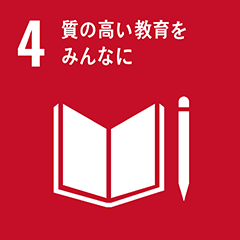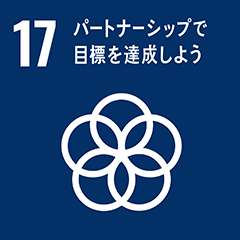Inochi Declaration
Cultivate individuals and organizations capable of designing and advancing creative dialogue—a process that transcends divisions and fosters mutual understanding.
Our society faces numerous complex challenges that are difficult to resolve. Since social issues inevitably involve many different stakeholders, collaboration is essential.
However, differences in values and conflicts of interest often make resolution difficult. To address these challenges, it is necessary to design and promote creative dialogue—an approach that overcomes confrontation and division—and to nurture individuals and organizations capable of facilitating such dialogue.
Creative dialogue involves designing processes that enable participants to understand each other’s underlying positions, cultures, and values and to move beyond these differences toward resolution. Take, for example, the social issues surrounding the employment of foreign workers. More than 50 years ago, Swiss writer Max Frisch remarked: “We asked for workers, but human beings came.” Many countries have accepted foreign workers for various reasons, but it is crucial to recognize that these workers are human beings, just like ourselves, sharing the same Inochi. If companies approach this issue solely from the perspective of securing labor, it can lead to conflicts, difficulties in the retention of foreign workers, and even accusations of human rights violations. Creative dialogue is essential for bridging these gaps and addressing the challenges.

Process of Creative Dialogue
(Source: CSO Network Japan, “A Guide to Creative Dialogue for Coexistence with Foreign Workers”)
For instance, the CSO Network Japan, an organization committed to promoting a just and sustainable society that guarantees the dignity of every individual, advances dialogue through the following process:
The CSO Network Japan proposes the following seven principles for engaging in dialogue that transcends differences and aims toward solutions:
1.Confirm international norms concerning human rights and decent work.
2.Treat foreign workers equally, just as Japanese nationals are treated.
3.Understand the backgrounds—religion, language, culture, traditions—behind differing opinions.
4.Carefully explain the reasons and contexts behind necessary rules.
5.Ensure that no individual is disadvantaged for expressing their opinions.
6.Respect differences in opinion and acknowledge one another.
7.Engage in thorough discussions to find points of agreement.
Moreover, the knowledge platform SHAR (Social Connection for Human Rights), focusing on business and human rights, has declared its intention to serve as a “bridge”—creating fair dialogues that recognize differences, understand each other’s perspectives, and respect the rights holders (those whose human rights may be affected). For creative dialogue to succeed, participants must possess the skills to understand its significance and objectives and to put them into practice. Given the diverse nature of social issues, each organization working toward resolution must develop internal systems and training programs to build these skills.
Utilizing creative dialogue to overcome differences and conflicts is the first step toward resolving a wide range of social issues. The Inochi Forum emphasizes the importance of fostering creative dialogue through the participation of diverse individuals. Moving forward, we aim to further develop mechanisms for creative dialogue, ensuring that organizations seeking to address social challenges recognize its necessity and value, and actively adopt it.
[References]
・Max Frisch (1911–1991), “We asked for workers, but human beings came,” reprinted in Überfremdung I, Öffentlichkeit als Partner (1967), Suhrkamp.
・CSO Network Japan, A Guide to Creative Dialogue for Coexistence with Foreign Workers
https://www.csonj.org/infoarchive/publication/infoarchive-publication-pamphlet2
・Motokazu Udagawa (2019), Working with Others: Organizational Theory Starting from “Unbridgeable Differences”, NewsPicks.
・Markus Gabriel (2022), Living with Others We Cannot Understand, PHP Institute.
・SHAR (Social Connection for Human Rights) – A Knowledge Platform on Business and Human Rights
https://note.com/schr/n/n1ff166f1e26d
[Action Platform]
Diversity and Inclusion
[SDGs]



